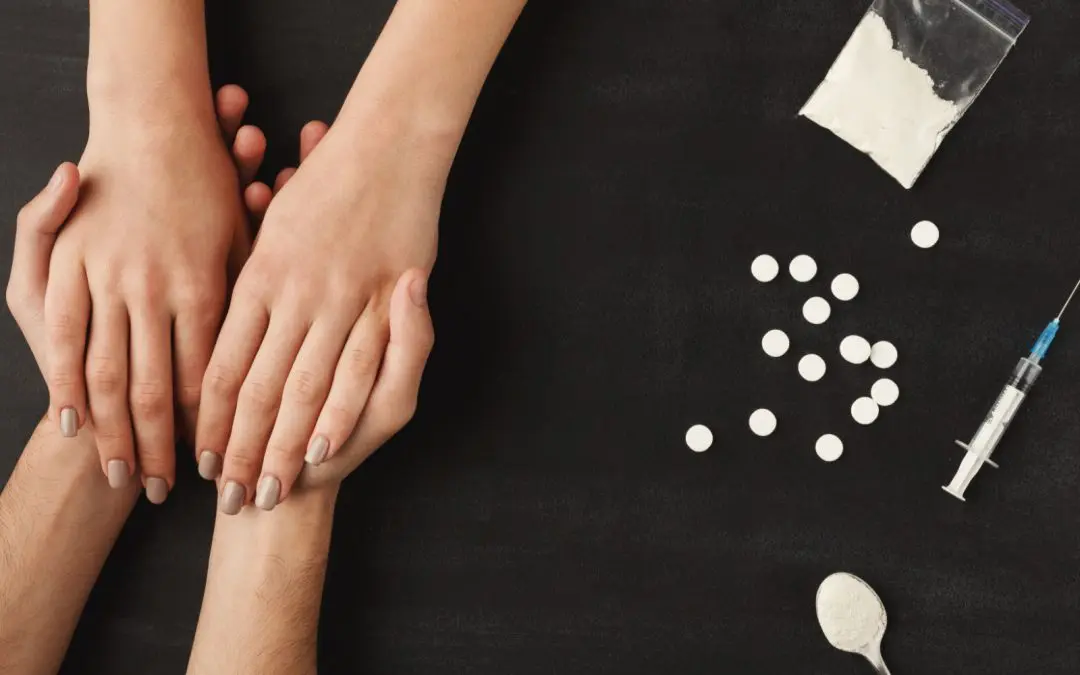24/7 Helpline:
(866) 899-221924/7 Helpline:
(866) 899-2219
Learn more about Residential Rehab centers in Mardela Springs
Residential Rehab in Other Cities

Other Insurance Options

MVP Healthcare

GEHA

Sliding scale payment assistance

Ambetter

EmblemHealth

Cigna

Covered California

PHCS Network

Holman Group

UnitedHealth Group

Meritain

Magellan Health

Oxford

Access to Recovery (ATR) Voucher

Sutter

AllWell

Health Partners

Optum

Multiplan

Self-pay options










Maple Shade Mental Health Clinic
Maple Shade Mental Health Clinic is a private rehab located in Mardela Springs, Maryland. Maple Shad...





